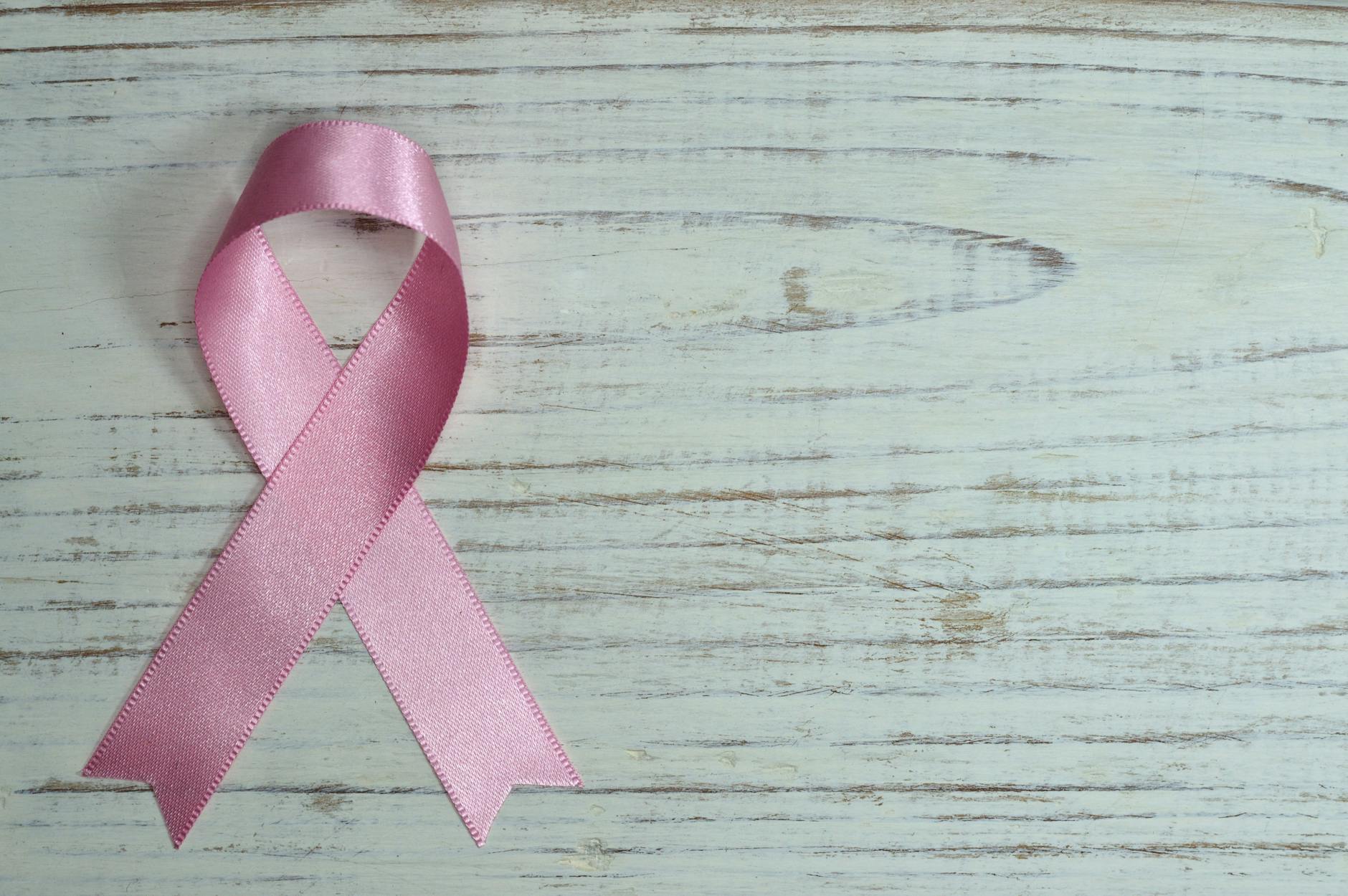
Did you know that 1 in 8 women will develop breast cancer in their lifetime? 😮 It’s a startling statistic, but there’s hope. Breast cancer awareness isn’t just about wearing pink ribbons – it’s about empowering yourself with knowledge and taking action. Whether you’re at high risk or simply want to be proactive about your health, understanding the facts can make all the difference.
Imagine having the tools to potentially save your own life or the life of someone you love. From cutting-edge screening techniques to supportive programs, there’s a wealth of resources available to help you navigate the complex world of breast health. But where do you start? 🤔
In this comprehensive guide, we’ll explore essential tips for those at high risk, must-read materials, specialized clinics, invaluable support services, and unique programs designed to make your journey easier. Let’s dive into the five key areas that can transform your approach to breast cancer awareness and potentially save lives.

For patients at high risk for breast cancer
For individuals at high risk for breast cancer, taking proactive steps is crucial. Here are some essential tips and strategies to help reduce your risk and maintain optimal breast health:
Lifestyle Modifications
- Maintain a healthy weight
- Engage in regular physical activity
- Consume a balanced diet rich in fruits and vegetables
- Limit alcohol consumption (zero is ideal)
- Avoid smoking
Medical Interventions
- Consider preventive medications
- Discuss hormone therapy alternatives with your doctor
- Explore genetic testing options
Screening and Monitoring
| Screening Method | Recommended Frequency | Benefits |
|---|---|---|
| Mammograms | Annually | Early detection |
| Clinical breast exams | Every 6 months | Professional assessment |
| Breast self-exams | Monthly | Familiarity with breast tissue |
| MRI | As recommended by doctor | Enhanced imaging for high-risk patients |
Risk-Reducing Strategies
- Breastfeed, if possible
- Avoid long-term use of birth control pills, especially after age 35
- Consider preventive medications like Tamoxifen or Raloxifene under medical supervision
By implementing these strategies and working closely with your healthcare provider, you can take significant steps towards reducing your breast cancer risk. Regular check-ups and open communication with your doctor are key to managing your breast health effectively.
Now that we’ve covered strategies for high-risk patients, let’s explore some recommended reading materials to further your understanding of breast cancer prevention and management.

Recommended reading
To stay informed about breast cancer awareness and prevention, it’s essential to have access to reliable resources. Here’s a curated list of recommended reading materials that cover various aspects of breast cancer:
Books
- “Dr. Susan Love’s Breast Book” by Susan M. Love, MD
- “The New Generation Breast Cancer Book” by Elisa Port, MD
- “Anticancer: A New Way of Life” by David Servan-Schreiber, MD, PhD
Online Resources
- American Cancer Society (cancer.org)
- National Breast Cancer Foundation (nationalbreastcancer.org)
- Breastcancer.org
Scientific Journals
For those interested in the latest research:
- Journal of Clinical Oncology
- Breast Cancer Research and Treatment
- Cancer
Prevention and Lifestyle
| Title | Author | Focus |
|---|---|---|
| “The Whole-Food Guide for Breast Cancer Survivors” | Edward Bauman | Nutrition |
| “Exercising Through Your Pregnancy” | James F. Clapp III | Physical Activity |
| “The Emperor of All Maladies” | Siddhartha Mukherjee | History and Science |
These resources cover a range of topics, from understanding breast cancer risks to prevention strategies. Many of them align with the SEO keywords provided, such as keeping weight in check, being physically active, and avoiding smoking. They also discuss the benefits of breastfeeding and provide information on hormone therapy and high-risk prevention medications like Tamoxifen and Raloxifene.
By educating yourself through these recommended readings, you’ll be better equipped to make informed decisions about your breast health. Next, we’ll explore the related clinics where you can seek professional medical advice and care.

Related clinics
When it comes to breast cancer awareness and care, having access to specialized clinics is crucial. Here are some of the key clinics related to breast cancer prevention, diagnosis, and treatment:
Types of Breast Cancer Clinics
- Breast Screening Clinics
- Diagnostic Imaging Centers
- Oncology Clinics
- Surgical Oncology Clinics
- Radiation Oncology Centers
Comparison of Clinic Services
| Clinic Type | Primary Services | Typical Patients |
|---|---|---|
| Breast Screening | Mammograms, Clinical Breast Exams | Women for routine screenings |
| Diagnostic Imaging | Advanced imaging (MRI, ultrasound) | Patients with suspicious findings |
| Oncology | Chemotherapy, Targeted Therapies | Patients undergoing cancer treatment |
| Surgical Oncology | Biopsies, Tumor Removal | Patients requiring surgery |
| Radiation Oncology | Radiation Therapy | Patients needing radiation treatment |
These specialized clinics work together to provide comprehensive care for breast cancer patients. Each plays a vital role in the prevention, early detection, and treatment of breast cancer. It’s important for patients to understand the different types of clinics available and how they contribute to the overall care journey.
When seeking breast cancer-related care, consider consulting with your primary care physician about which clinics are most appropriate for your specific needs. They can provide referrals and help coordinate your care across these specialized facilities.

Support services
When facing breast cancer, having access to comprehensive support services can make a significant difference in a patient’s journey. These services not only provide practical assistance but also offer emotional support, helping patients and their families navigate the challenges of diagnosis, treatment, and recovery.
Types of Support Services
- Counseling and Mental Health Support
- Patient Navigator Programs
- Support Groups
- Financial Assistance
- Nutrition and Wellness Services
Benefits of Utilizing Support Services
| Benefit | Description |
|---|---|
| Emotional Well-being | Access to counseling and support groups can help manage anxiety and depression |
| Improved Treatment Outcomes | Patient navigators can help ensure timely and appropriate care |
| Financial Relief | Assistance programs can help alleviate the financial burden of treatment |
| Enhanced Quality of Life | Nutrition and wellness services can improve overall health during treatment |
How to Access Support Services
- Consult with your healthcare provider for referrals
- Contact local cancer support organizations
- Reach out to hospital social workers
- Explore online resources and virtual support groups
Support services play a crucial role in helping breast cancer patients maintain their physical and emotional well-being throughout their treatment journey. By taking advantage of these resources, patients can focus on their recovery while receiving the comprehensive care they need. As we move forward, we’ll explore some special programs designed specifically for breast cancer patients and survivors.

Special Programs
To support breast cancer awareness and prevention, many organizations offer special programs tailored to different needs and demographics. These programs aim to educate, support, and empower individuals in their fight against breast cancer.
Educational Workshops
Many hospitals and community centers offer educational workshops focused on breast cancer awareness. These workshops cover a range of topics, including:
- Early detection methods
- Risk factors and prevention strategies
- Nutrition and lifestyle choices for breast health
Fitness Programs for Breast Cancer Prevention
Physical activity plays a crucial role in reducing breast cancer risk. Special fitness programs designed for breast cancer prevention include:
- Low-impact aerobic classes
- Strength training sessions
- Yoga and mindfulness practices
Nutrition and Weight Management Programs
Maintaining a healthy weight is essential for breast cancer prevention. Specialized programs often include:
- Cooking classes focusing on cancer-fighting foods
- Personalized meal planning
- Weight management support groups
Smoking Cessation Programs
Since smoking is a risk factor for breast cancer, many organizations offer smoking cessation programs tailored to women’s health. These programs typically include:
- Behavioral counseling
- Nicotine replacement therapy
- Support groups for quitting smoking
Breast Cancer Risk Assessment Clinics
These clinics offer comprehensive risk assessments and personalized prevention plans. Services may include:
| Service | Description |
|---|---|
| Genetic Testing | Identifying hereditary risk factors |
| Imaging Services | Advanced screening for high-risk individuals |
| Counseling | Personalized risk reduction strategies |
Support Programs for High-Risk Individuals
For those at high risk of breast cancer, special support programs are available, offering:
- Regular check-ups and monitoring
- Access to clinical trials
- Psychological support and counseling
These special programs provide comprehensive support for breast cancer awareness and prevention, addressing various aspects of risk reduction and early detection.

Staying informed and proactive about breast cancer is crucial for early detection and prevention. This blog post has covered essential tips for high-risk patients, recommended reading materials, and information about related clinics. We’ve also explored various support services and special programs available to those affected by breast cancer.
Remember, knowledge is power in the fight against breast cancer. Take advantage of the resources mentioned, schedule regular screenings, and maintain open communication with your healthcare provider. By prioritizing your breast health and supporting others in their journey, we can work together to increase awareness and improve outcomes for those affected by this disease.
